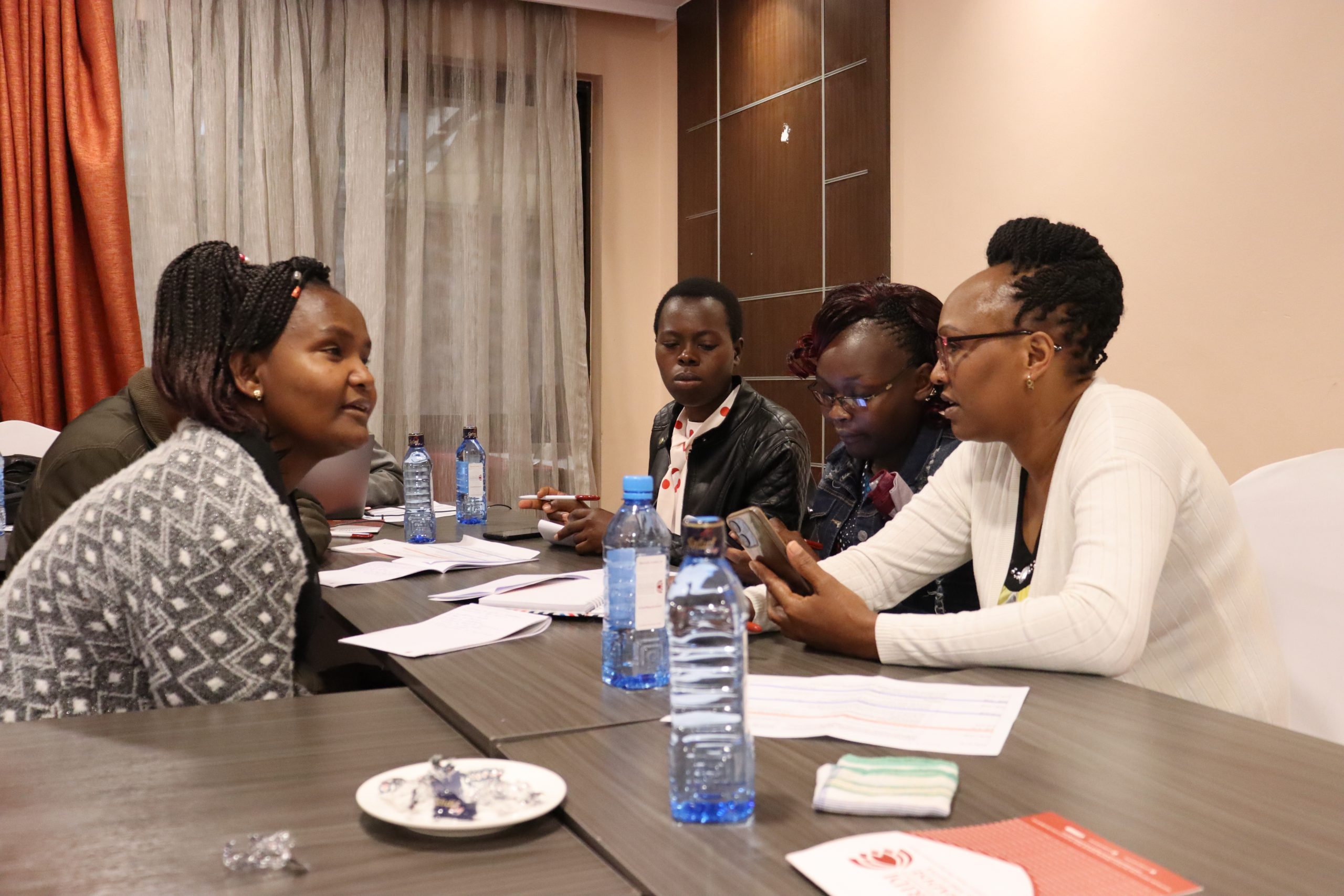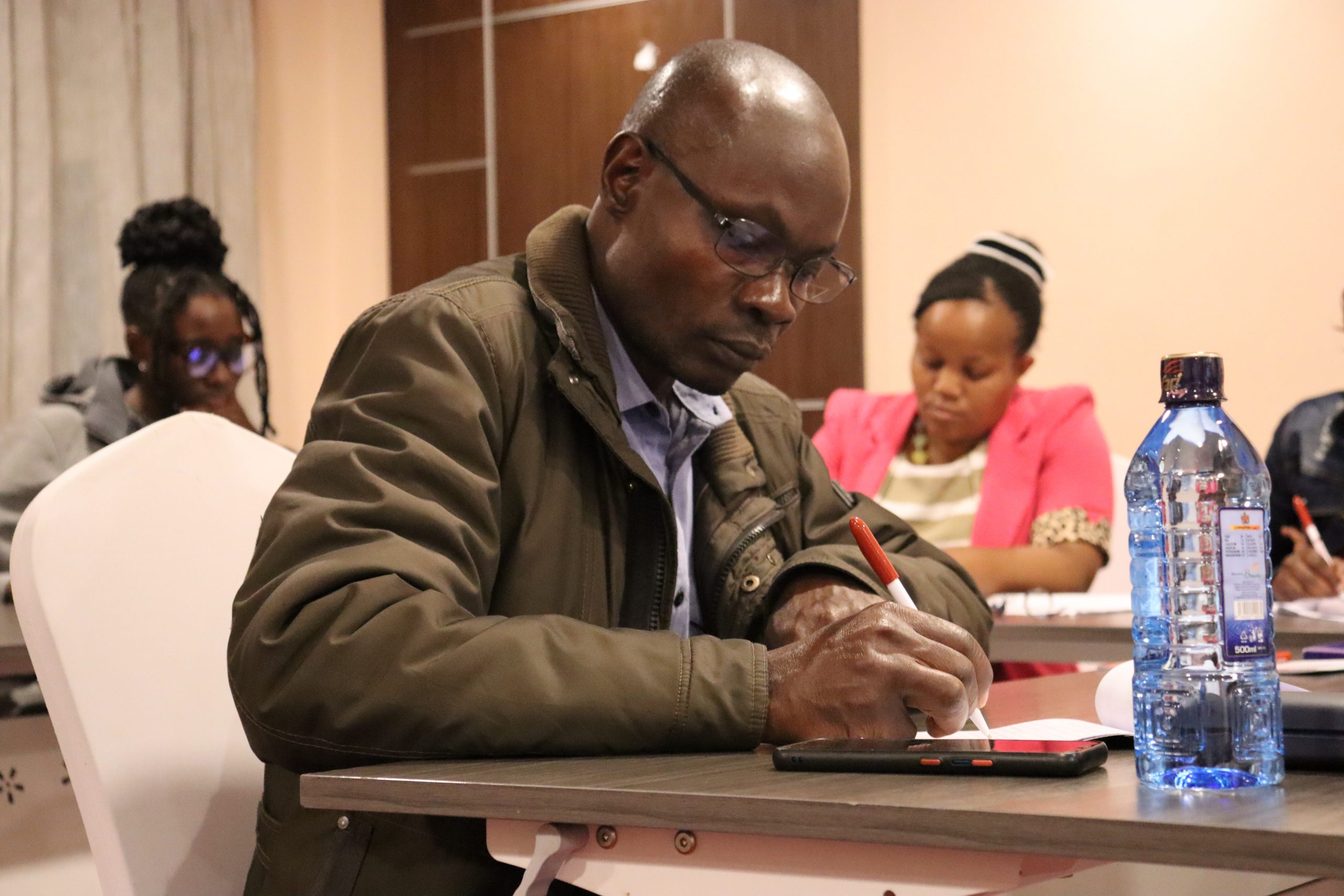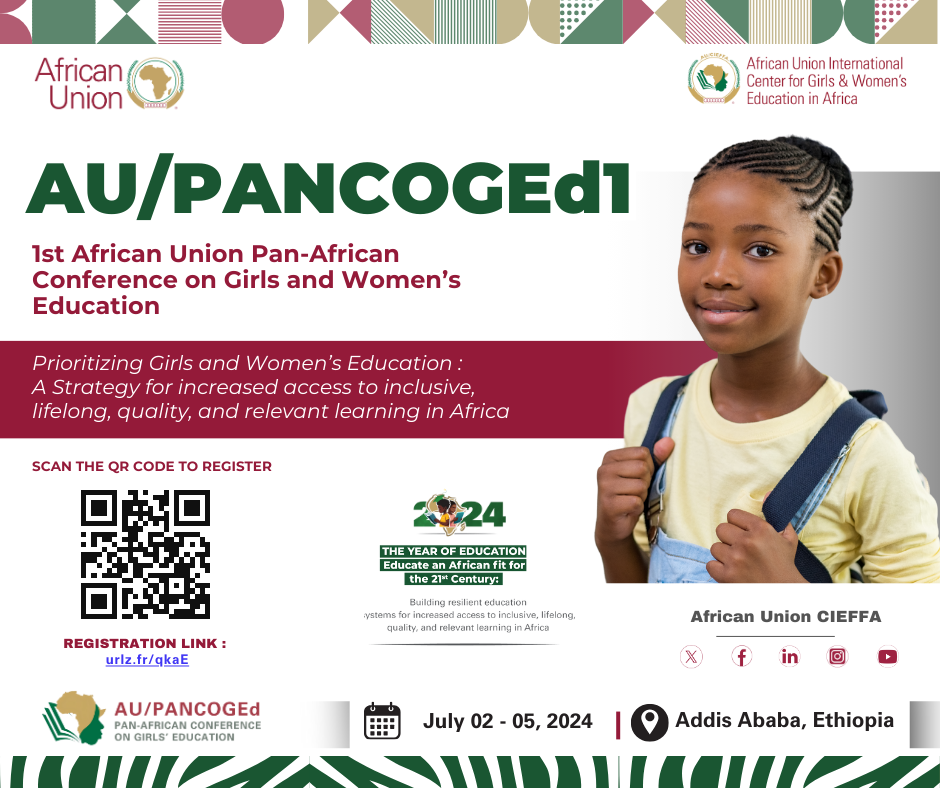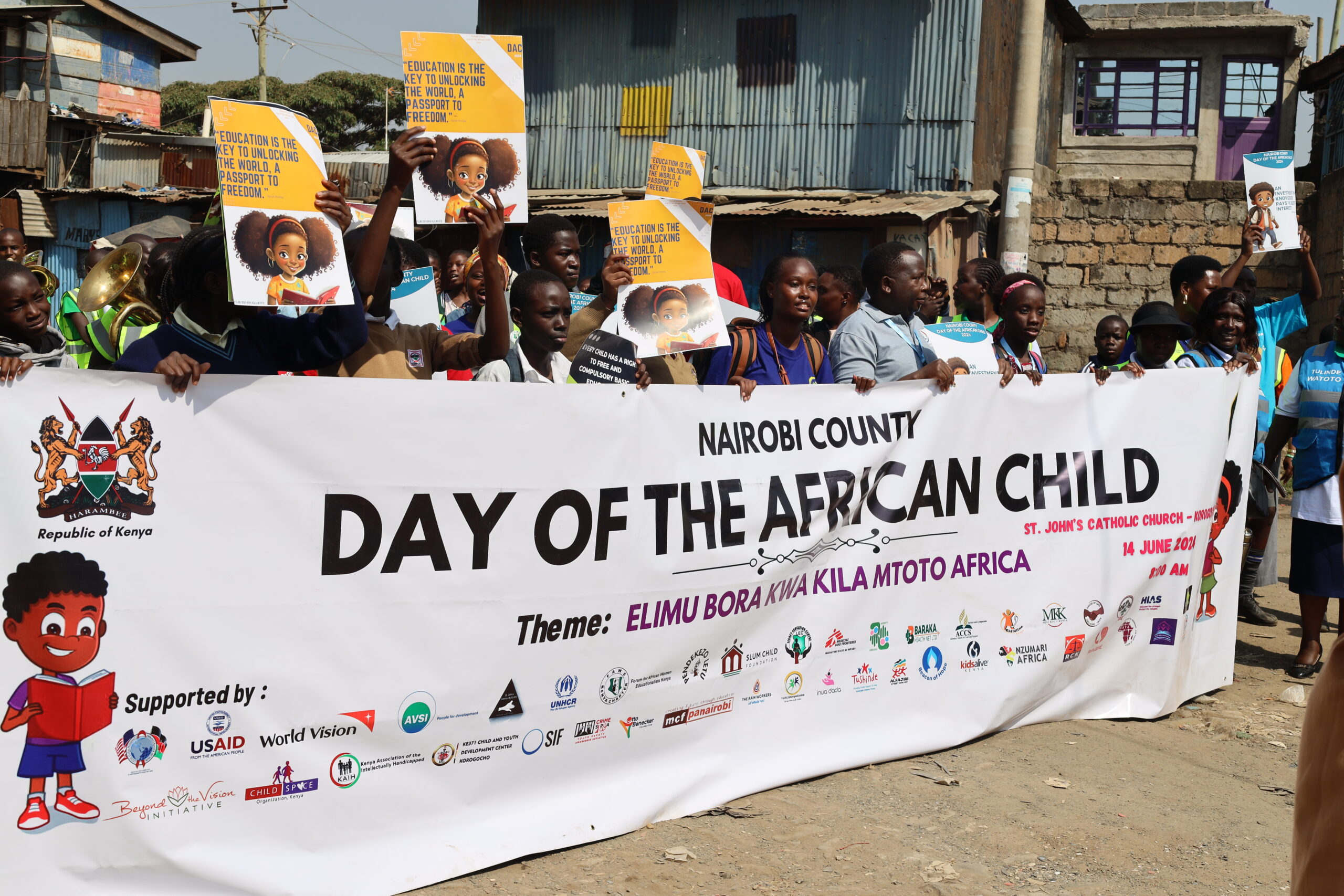It is a well-appreciated fact that if you want to create leaders, start by instilling leadership skills and values in children. Special focus needs to be given to girls because they rarely take up leadership positions even while in school. In light of this, FAWE under the Women in Political Leadership (WPP) programme developed a Regional Model School Module dubbed the Transformational Leadership for Young Girls in Africa to empower girls and young women to effectively participate in the socio-economic and political space in their societies at a young age.
The one-of-a-kind module was developed to enable learners to become engaged, empowered, and be ethical citizens who are self-conscious about the inclusion of girls in leadership. It has been observed that a relatively low number of girls take up student leadership positions at the primary and secondary school levels as well as in tertiary education, yet this is the foundation of leadership and/or participation in politics. Few girls are exposed to effective communication skills and confidence which are essential in leadership.
FAWE took a school-based approach and piloting the school model module and training of teachers to empower and encourage girls to take up leadership positions will be key to changing perceptions and adequately equipping young girls and women to take up leadership positions at all levels. The module provides learners with adequate and age-appropriate skills and knowledge that they deserve, and which they need to thrive in the 21st century.
FAWE works with African Education systems to ensure gender-responsive teaching methodologies and education that respond to the current and future needs of girls and women. To this end FAWE piloted the module in three schools, Our Lady of Fatima Kivani Primary School, AIC Sengani Primary School and Kistimani Primary School in Machakos County. Following the successful pilot program, FAWE sought to expand the impact of the pilot program by scaling up the program and hosted a two-day teacher training event on 29th and 30th June 2023 which brought together teachers from 10 schools drawn from Machakos, Nairobi, Kajiado and Nakuru Counties.
Speaking during the training session the facilitator Ms. Vivian Arackha said, “The vision of the module is to enable learners to become engaged, empowered and be ethical citizens, who are self-conscious about the inclusion of girls in leadership. Likewise, the mission is to ensure that every girl in Africa takes up leadership positions within social, economic and political spheres.”
Ms. Vivian Arackha further explained that the module’s framework vision and mission are supported by three pillars which are: values, theoretical approaches, and guiding principles. The module builds on the premise that girls and women in Africa are mostly socialized not to challenge patriarchy, and male authority especially when it comes to leadership positions, which in turn perpetuate inferiority and marginalization.
In an interactive group activity lead by the second facilitator Ms. Victoria Koki, participants were taken through effective leadership where they learnt that a leader is a person who influences a group of people toward the achievement of a goal. Participants were divided into groups, to discuss the characteristics of effective leaders, the different types of leadership that exist, obstacles to becoming leaders and the ways to overcome the obstacles. Some of the responses from the group work were, courageous, accountable, knowledgeable, honest, and supportive among others.
As the training came to an end, the participants got a chance to share their thoughts and deliberate on the way forward. Notably, it was recommended that the module factors teachers/students living with disability for more inclusivity and empower girls and parents in the villages about their rights.
In her closing remarks, Ms. Teresa Omondi- Adeitan, the Deputy Executive Director of FAWE said, “There is a need to train girls to be good leaders. FAWE does not only empower girls to be leaders in the political sphere, but also in other fields. I encourage the leadership clubs to merge and collaborate with other already existing clubs to form one Tuseme Club so as to avoid duplication of extra-curricular activities for the learners and incorporate resources between the clubs.”
She further encouraged the participants to work with FAWE in implementing the module in their schools, and assured them that FAWE will have discussions with other stakeholders to continue supporting them. She informed the 15 participants that the Module has been translated to French and will be translated to braille for Special Needs Education and to Swahili for Tanzanian learners.







Leave A Comment